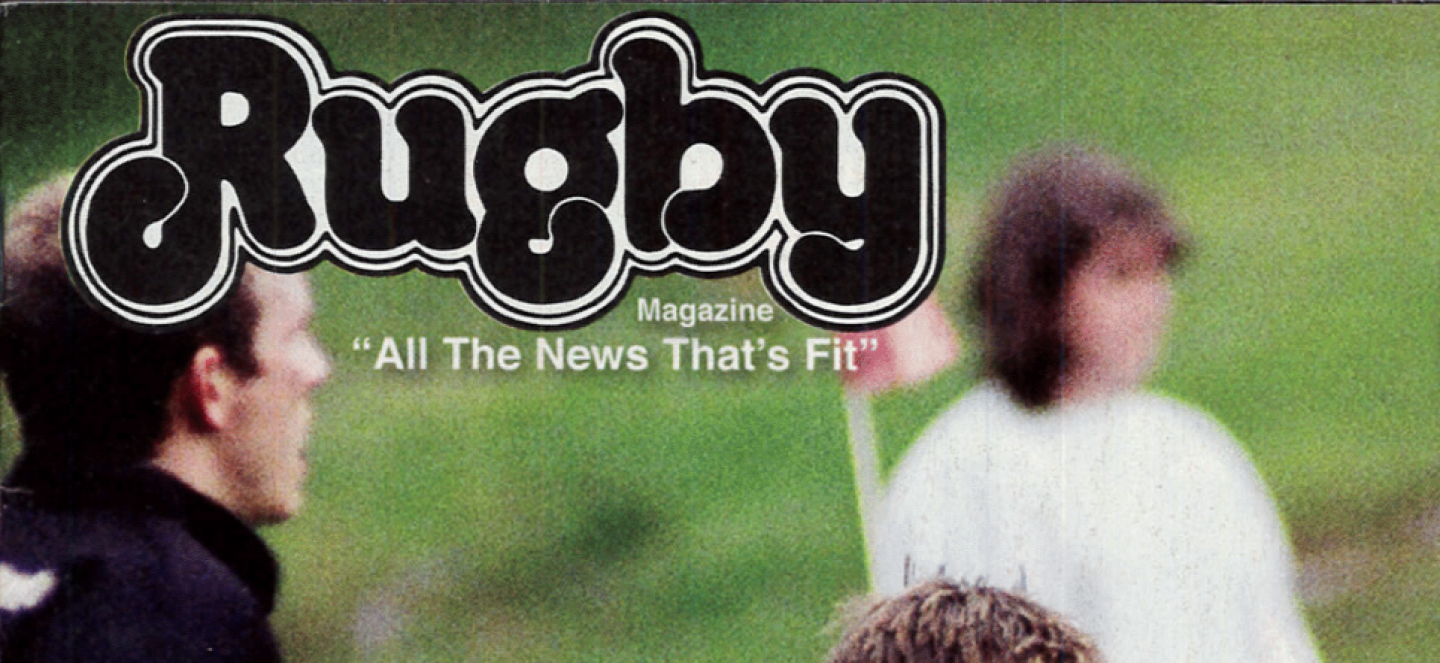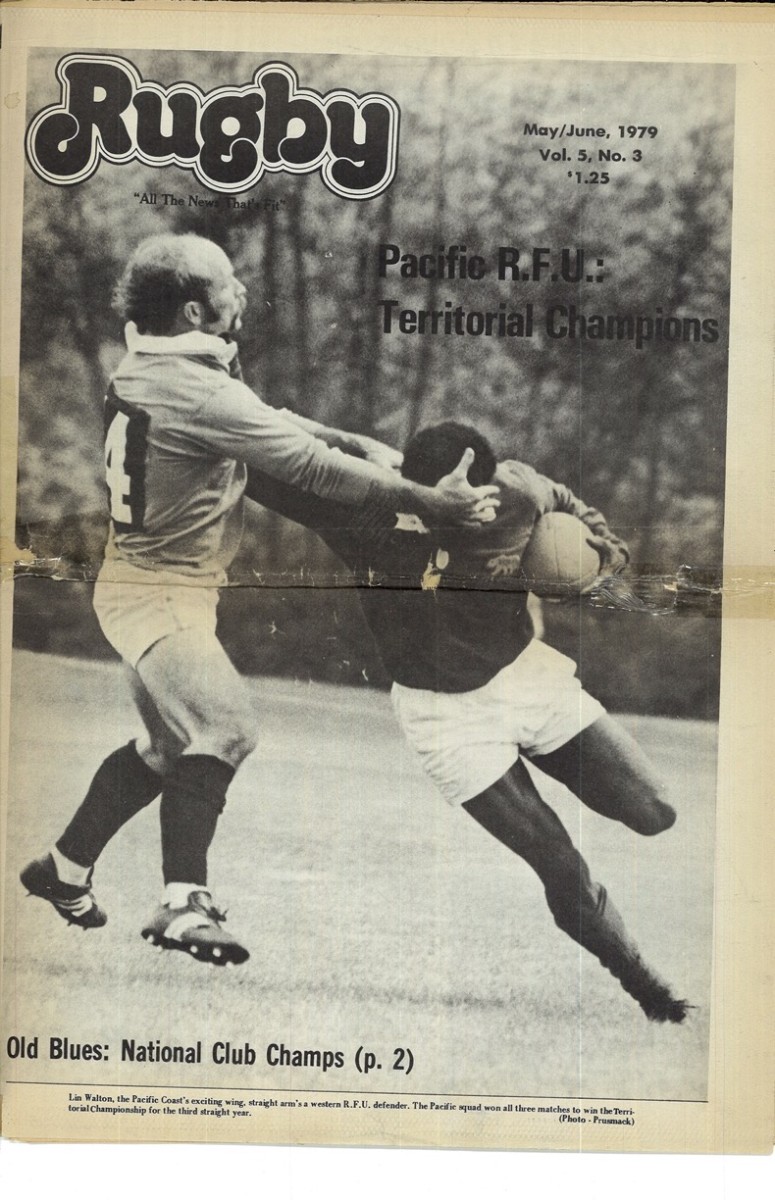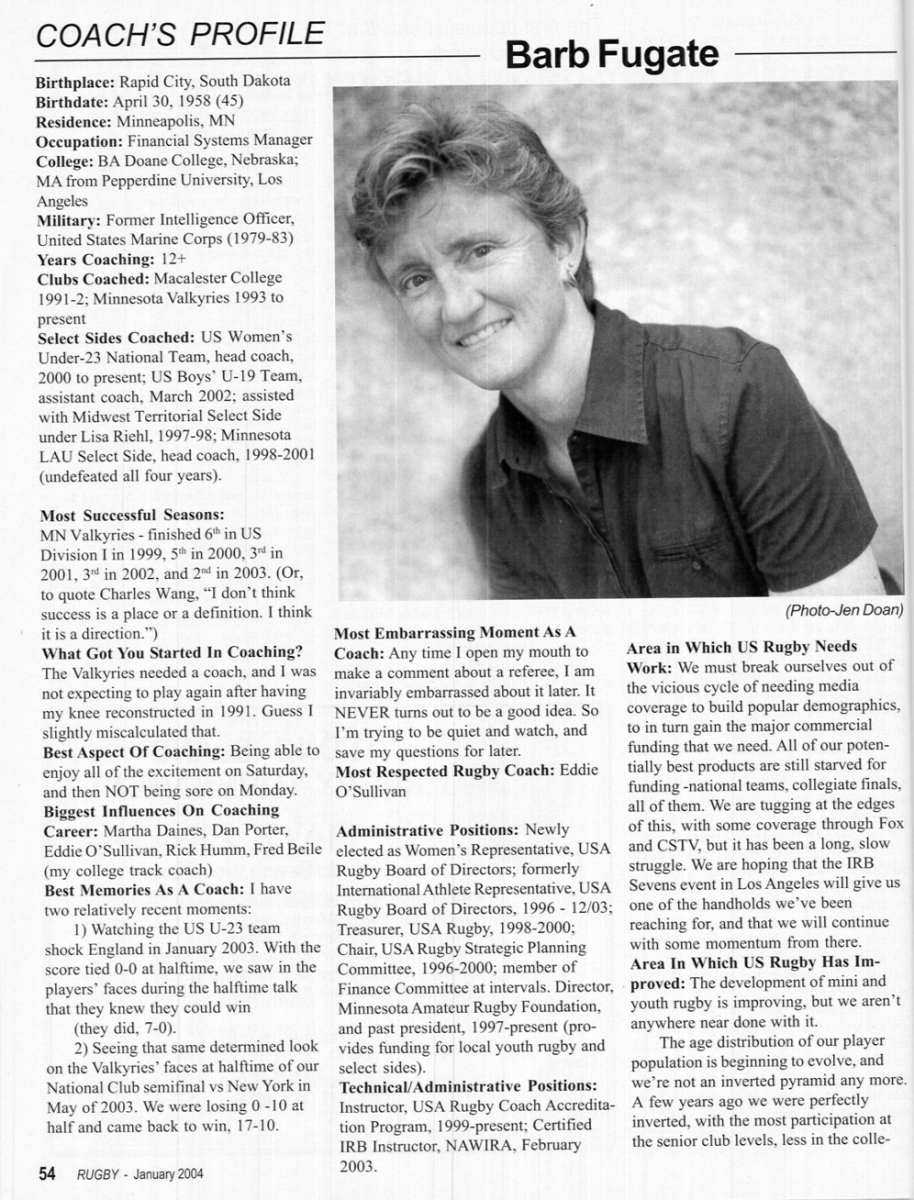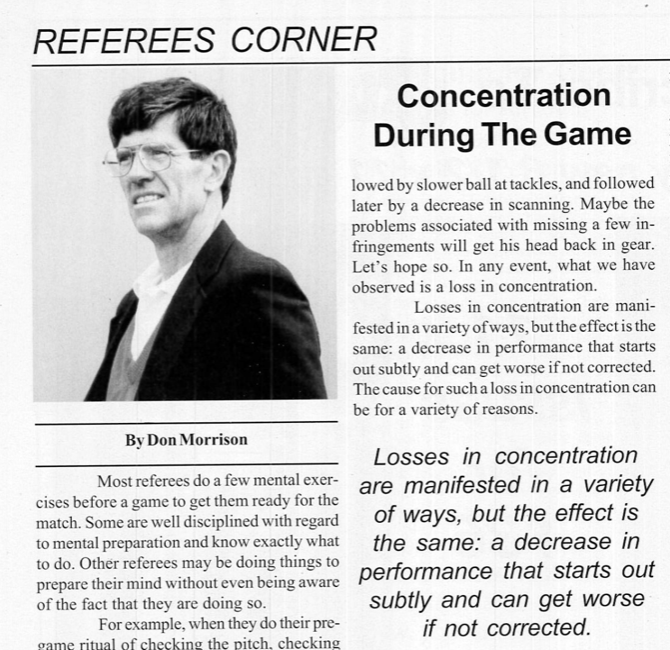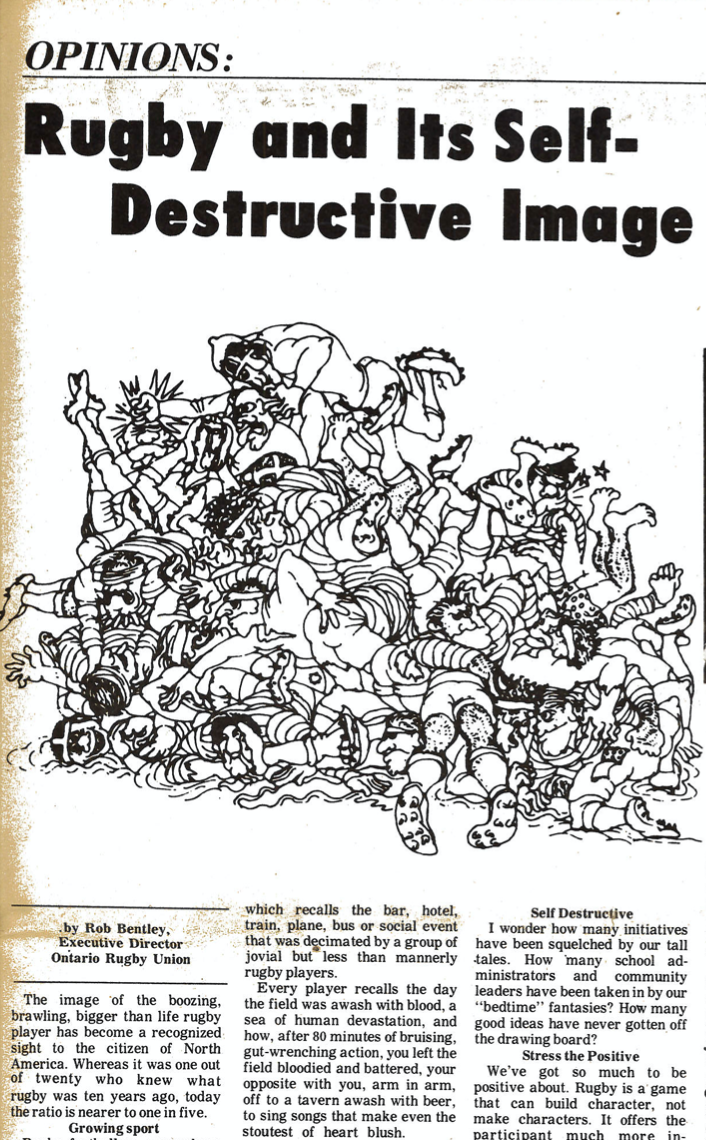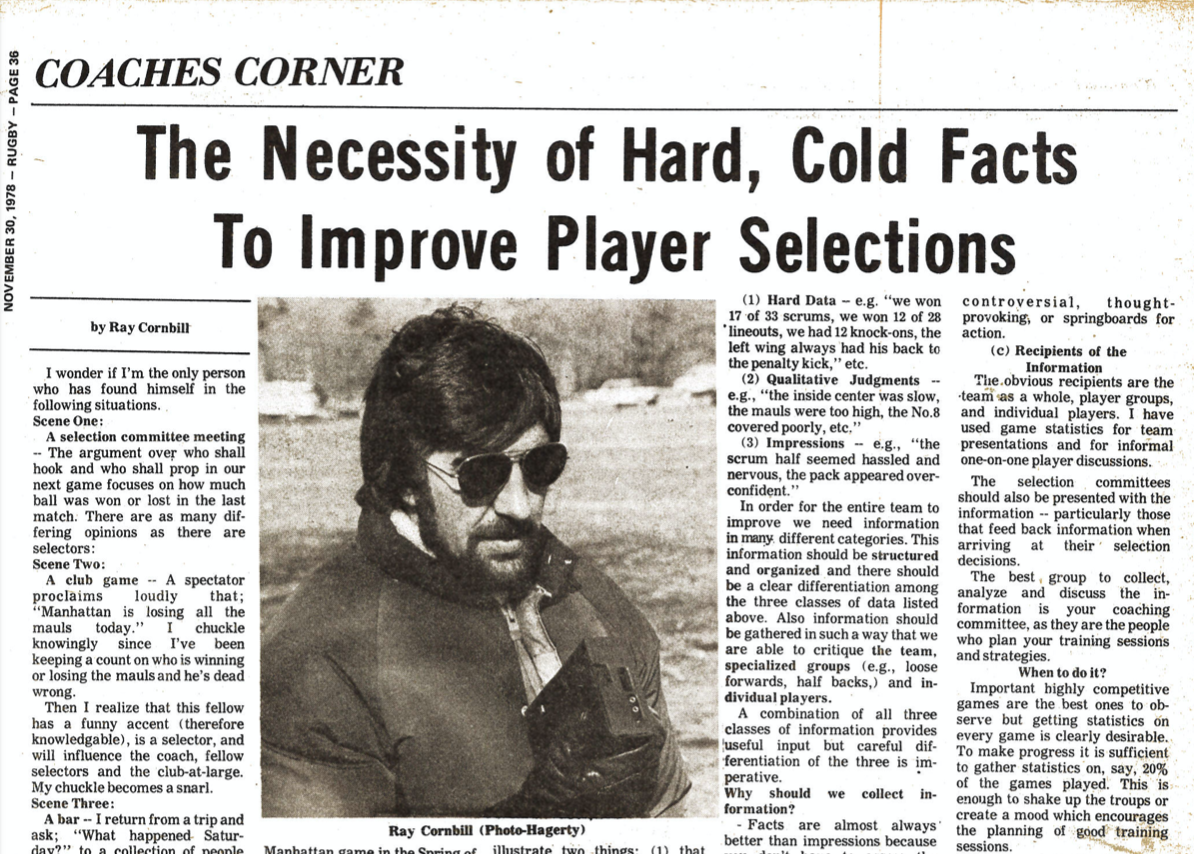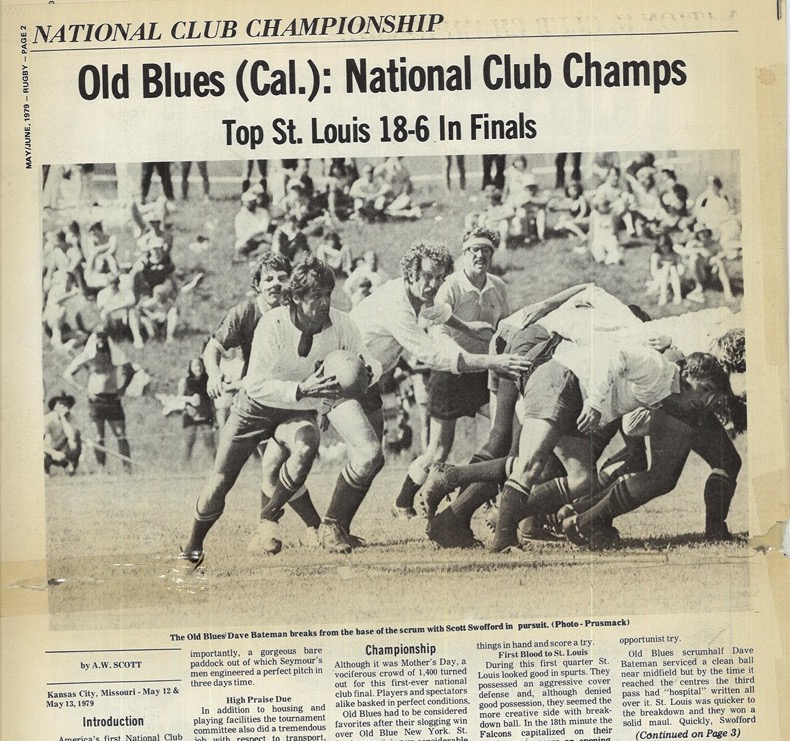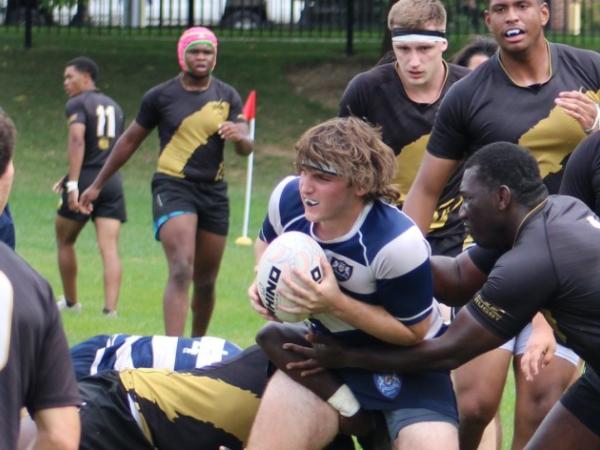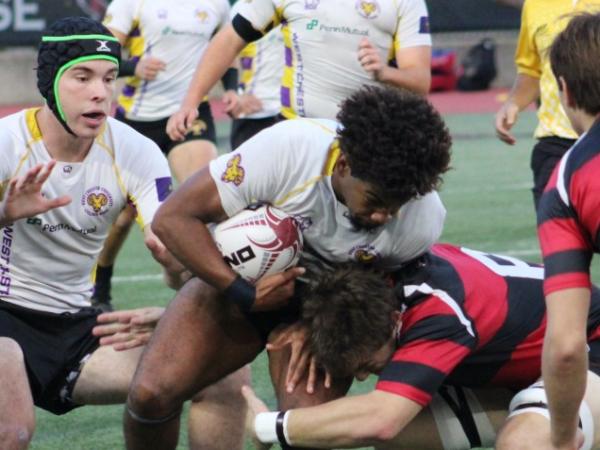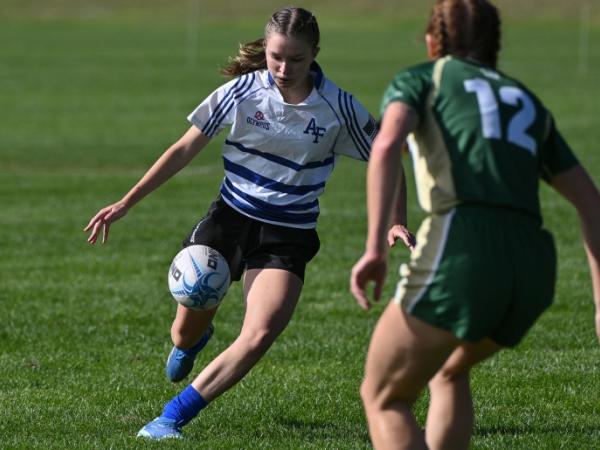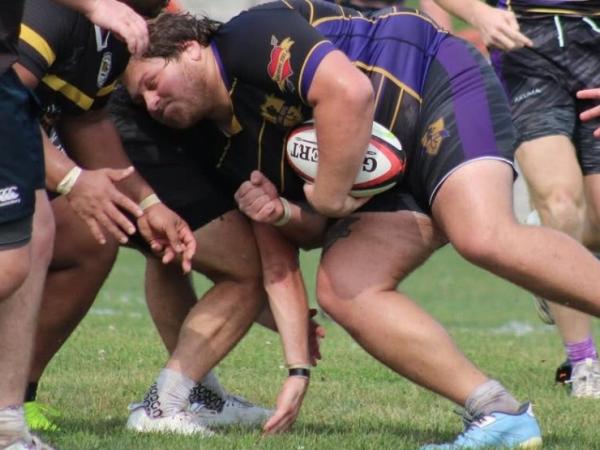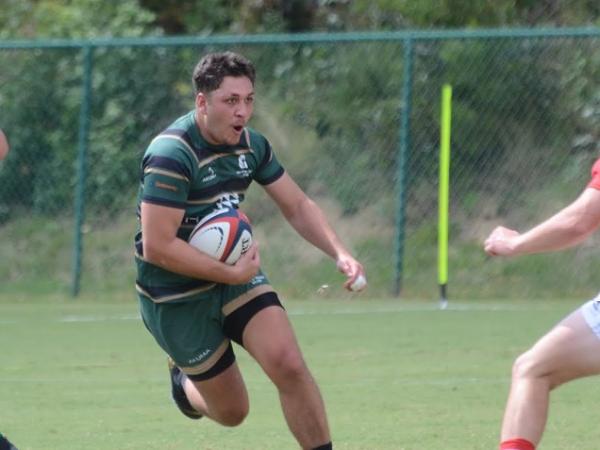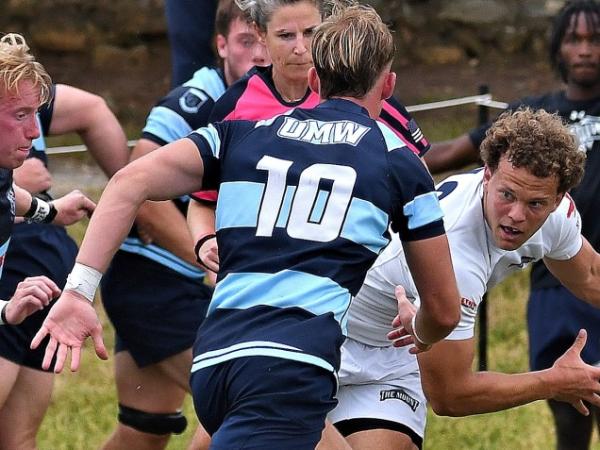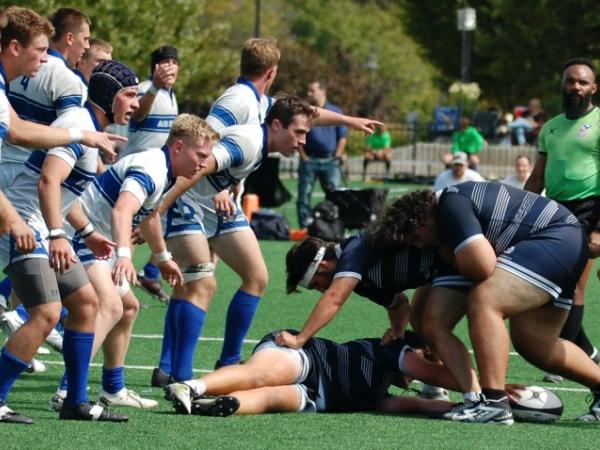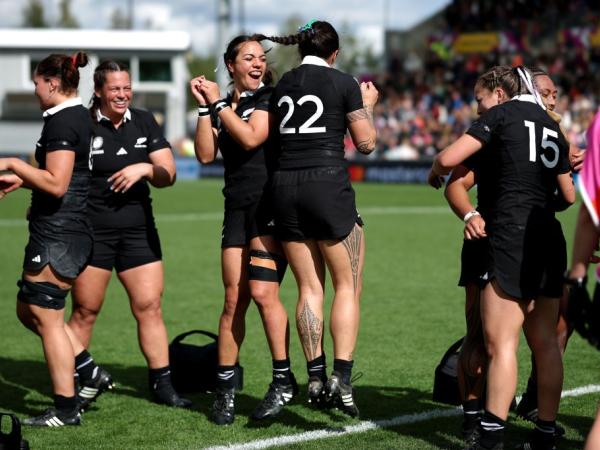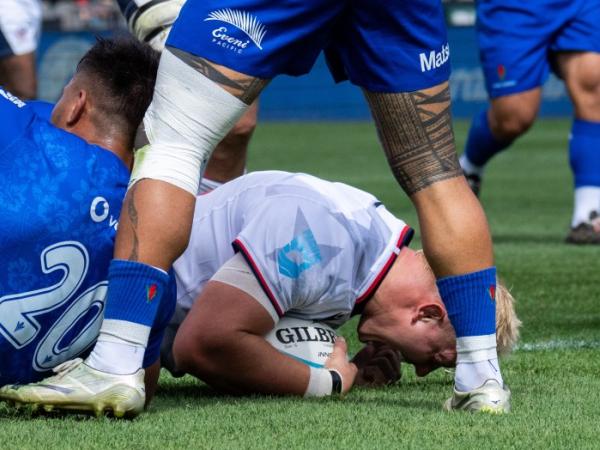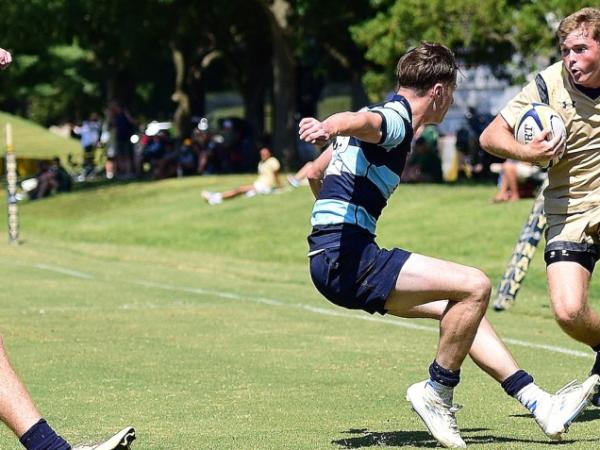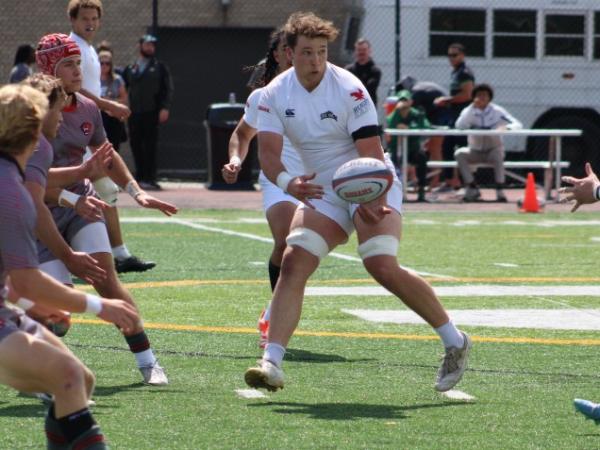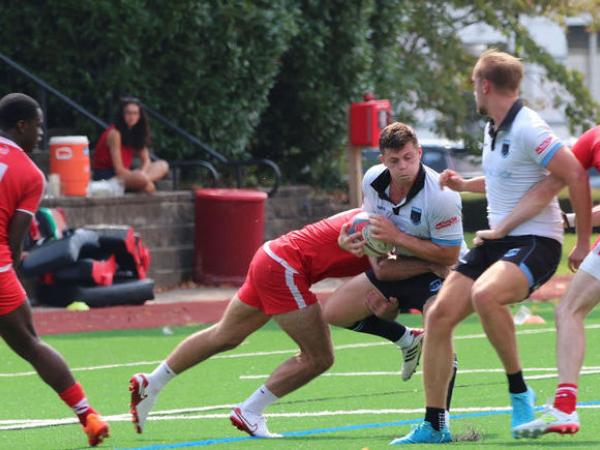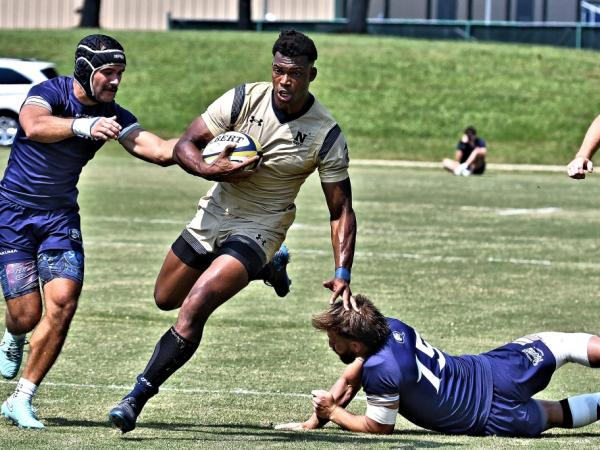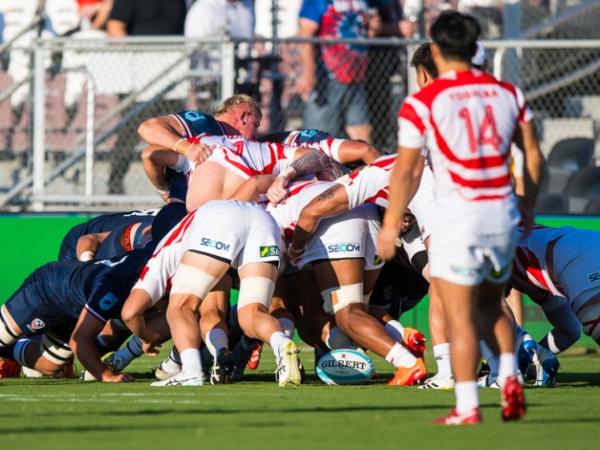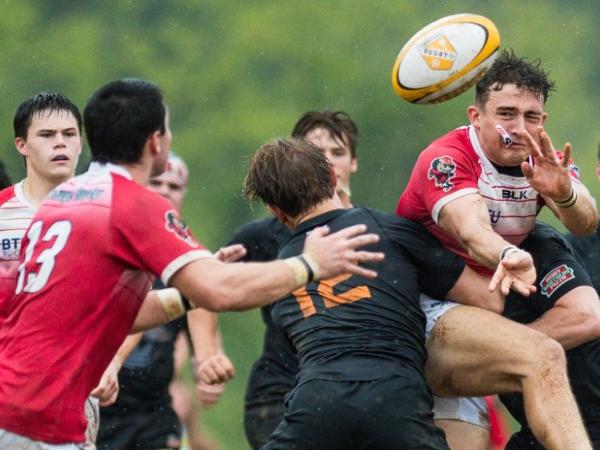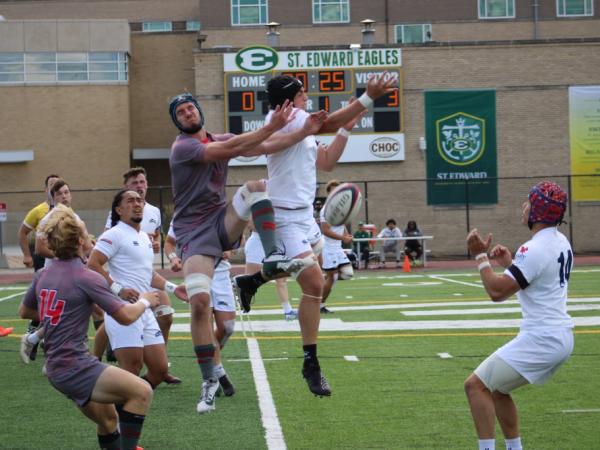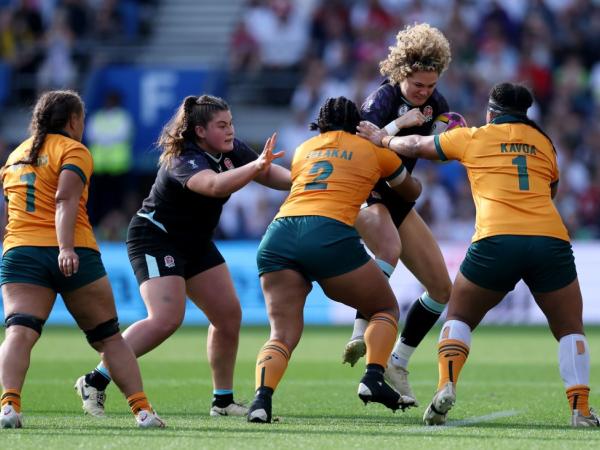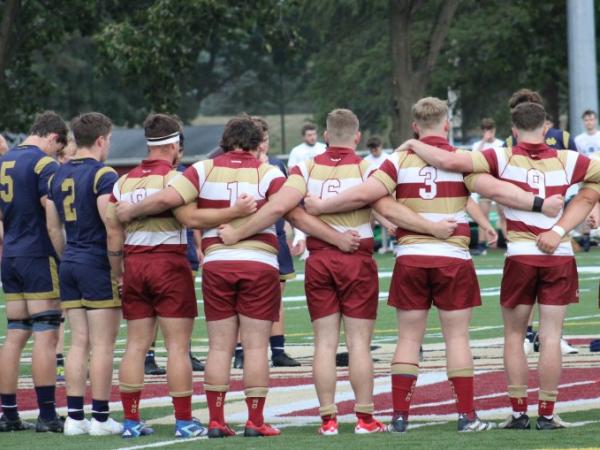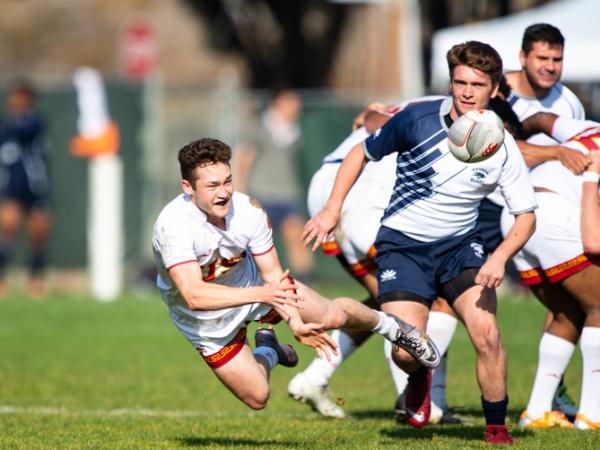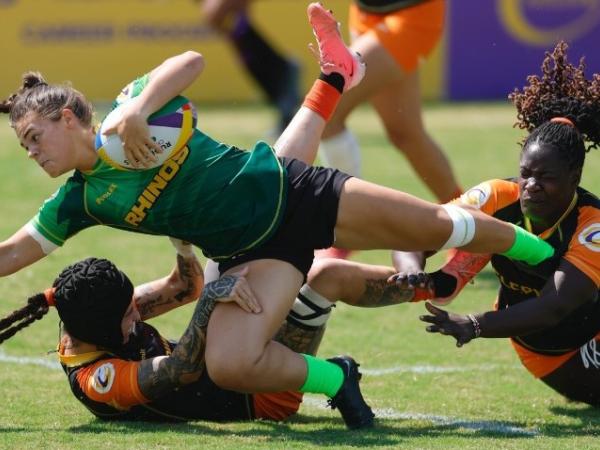It's difficult perhaps to convey to younger readers what Rugby Magazine meant to rugby players, coaches, and fans throughout the United States.
When RUGBY started publishing, there was no internet. There were very few TV networks and none interested in showing rugby. There was a nice little black market in videos tapes, but VCRs were new technology in the mid-1970s.
Rugby Journalist Legend Ed Hagerty Has Died
How did you get news of rugby from around the world? How did you get news of rugby from the next state, or across the country? Who were the good players? What were the new coaching techniques?
As Editor of Rugby Magazine, Ed Hagerty provided all of this and more. RUGBY came out once a month (with a break in December) and in it the breadth of knowledge was somewhat astounding—and unique.
Ed wasn't a writer, although he did write plenty and well; he wasn't a photographer, although he was behind the camera a lot. He was an Editor, a cajoler, an advocate. He got others to write columns and reports. He pushed and pulled to disseminate information and opinions. He might disagree with the opinions, but by God if someone had something to say, Ed would provide the platform.
Above all Ed Hagerty wanted us to talk about rugby and let people know it was there. He repeatedly talked to me about how innovative, smart, and stubborn the American rugby player was, and he felt a duty to let them be heard. For me personally Ed Hagerty was enormously generous. If I wanted to write for him, he let me do it. He even paid me! (Yes, I know some are shocked at this.)
My first requests to write for RUGBY resulted in me receiving a very detailed and strict tournament report format. I learned later this was Ed's way—certainly things like tournament reports and those one-page profiles needed to be in a very specific format. But after a while I got a little closer to him and he started to give me leeway. My first article was on high school rugby in the Pacific Northwest. In 2000 I went to my first HS National Championships and wrote a report that was about 2,500 words. Ed printed it all.
Remember, also, that producing a printed magazine isn't easy. You have limited space. And all the space has to be 100% covered. You can't just add one more page for the 300 words extra ... you need to add at least four pages (ideally 16) when you make the magazine bigger, and every inch has to have something there. It's an enormous amount of work, as I and, even more so The Rugby Breakdown's Jackie Finlan can attest.
Jackie was my colleague on Rugby Magazine after Ed retired, but worked for Ed for years. She'll tell you, it's a non-stop labor that you have to love to do.
Because it was sometimes a very tough job. Every year Rugby Magazine would publish an annual book some 170 pages long. It carried with it statistics on player numbers, historical lists of national championship winners, lineups and scores for all USA internationals, and lists of All Americans. And that's not the half of it. Most of the book was a listing of the contacts for every rugby team in the USA.
Every one. Addresses, phone numbers ... eventually email addresses and web urls. Page after page of thousands of people organized by region and then by division, from USA Rugby offices and national team coaches down to some tiny little girls U19 team in Olympia, Washington that had been in existence for just over a year. I still have the final yearbook, published in 2004, and there I am:
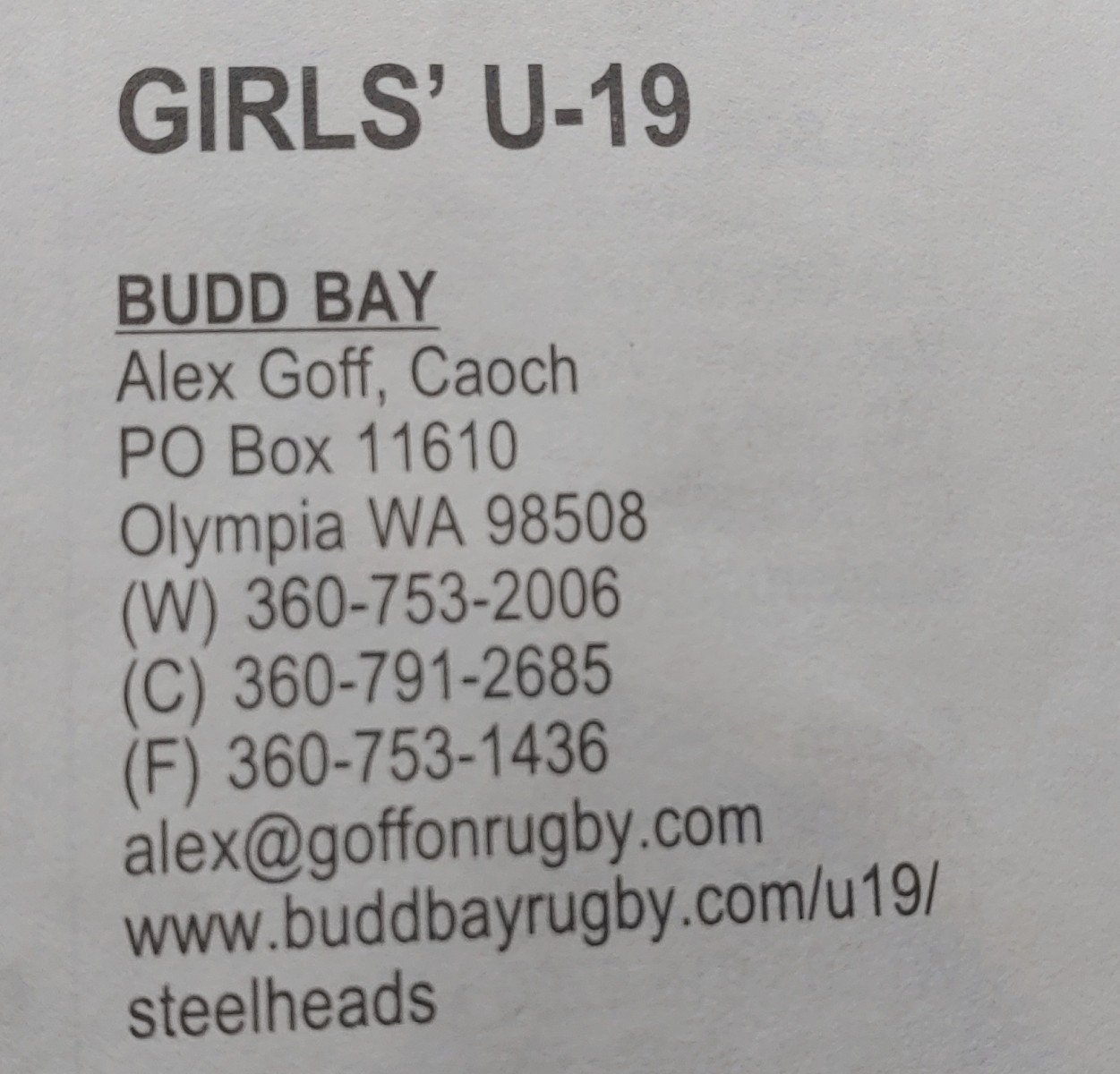
The cell number still works but the rest don't so don't try them.






